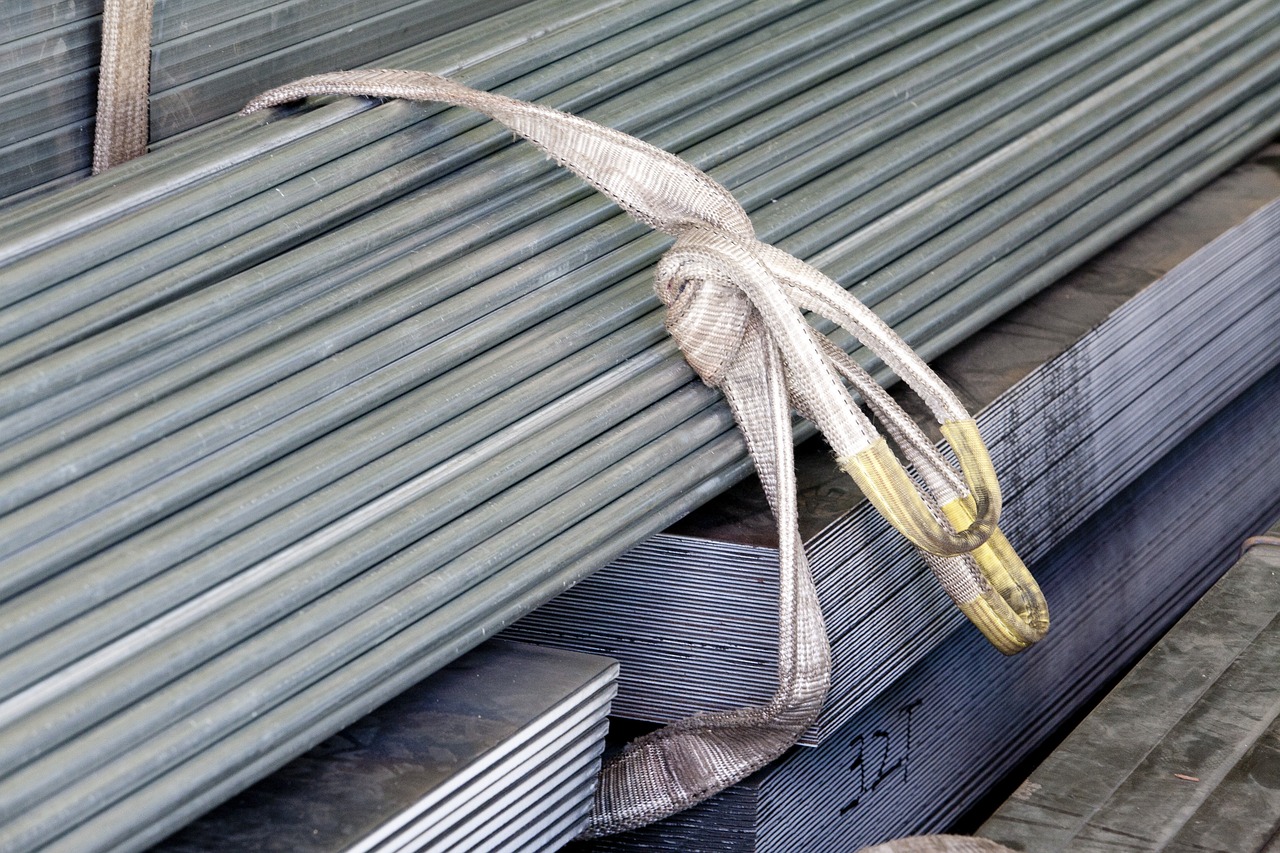Floor Plate Fabrication: Ensuring Strength and Durability in Industrial Spaces
Blog | October 24th, 2024
Floor plate fabrication ensures strength and safety in industrial spaces, providing flooring solutions designed to withstand heavy use and harsh conditions.
Floor plate fabrication is essential for creating durable and resilient flooring solutions in industrial environments. By using materials like steel and aluminium, this process ensures that floors can withstand heavy machinery, constant foot traffic, and harsh conditions. Ensuring strength and safety, floor plate fabrication is crucial for maintaining the integrity of industrial spaces.
Advantages of Using Fabricated Floor Plates
Incorporating fabricated floor plates into industrial spaces offers numerous advantages, particularly in terms of strength and durability. Here are some of the key benefits:
• Durability: Floor plates are designed to resist the damage caused by heavy machinery, impacts, and constant foot traffic. The materials used in fabrication, such as steel and aluminium, are known for their exceptional strength and longevity.
• Safety: A critical aspect of floor plate fabrication is ensuring that the surface provides adequate slip resistance. This is particularly important in industrial settings where spills or wet conditions are common. Textured patterns, such as diamond or checker plates, are often used to improve traction.
• Load-Bearing Capacity: Fabricated floor plates are capable of supporting substantial weights, making them ideal for environments where heavy equipment is in use. The fabrication process ensures that the plates can distribute loads evenly, reducing the risk of structural failure.
• Customisation: Every industrial space has unique requirements. Floor plate fabrication allows for customisation in terms of size, thickness, and material, ensuring that the flooring solution is tailored to specific needs.
How Floor Plate Fabrication Ensures Strength and Durability in Industrial Spaces
Floor plate fabrication plays a critical role in ensuring the strength and durability of industrial spaces, where safety and performance are paramount. Here’s how:
• Material Selection: The fabrication process begins with selecting high-quality metals such as steel or aluminium, chosen for their strength and resistance to wear. Stainless steel or galvanised steel is often preferred for its corrosion-resistant properties, enhancing the longevity of the floor plates.
• Precision Engineering: Precision in cutting and shaping ensures the plates fit perfectly within their designated space, minimising weak points that could lead to structural failures. Maintaining a consistent thickness across all floor plates is crucial to avoid stress points that might cause premature wear or failure.
• Reinforcement Techniques: A textured surface, such as a diamond or checker pattern, provides additional grip and traction while reinforcing the plate by distributing loads more evenly. Adding structural supports like ribs beneath the plates can significantly increase their load-bearing capacity, ensuring durability under heavy machinery or frequent traffic.
• Welding and Joint Integrity: High-quality, full-penetration welds are essential for securely anchoring the plates to the substructure, reducing the risk of movement or loosening over time. Seamless and well-aligned joints prevent gaps where stress could concentrate, enhancing the overall durability of the flooring.
With decades of experience in the sheet metal fabrication industry, McKean’s Sheetmetal Fabricators is a trusted name in Melbourne and beyond. Our team works closely with clients to understand their specific needs, offering expert advice and customised solutions that perfectly match the demands of each project. Whether you’re looking for standard or bespoke floor plates, we have the expertise and resources to deliver on time and within budget.
Optimized by NetwizardSEO.com.au
